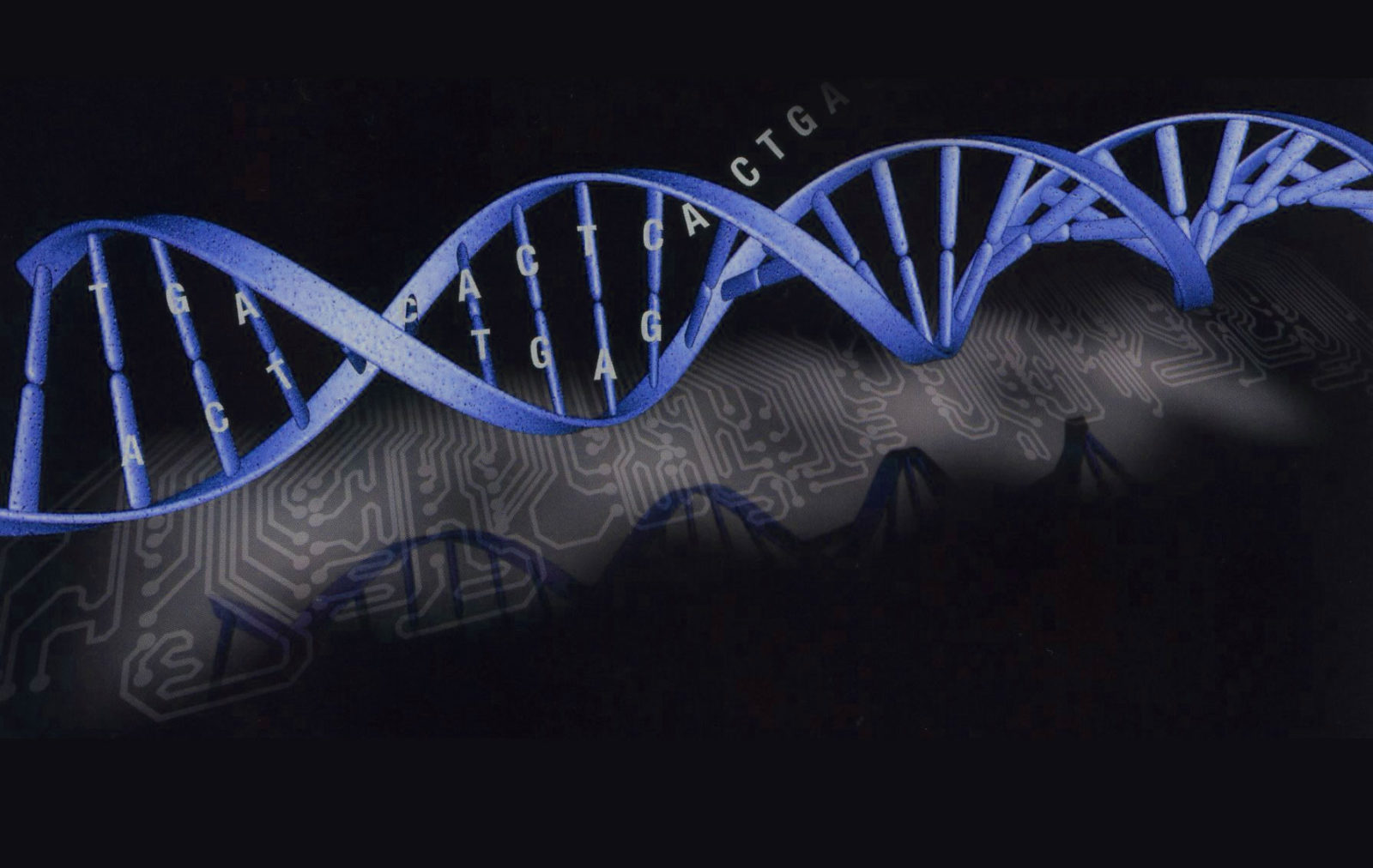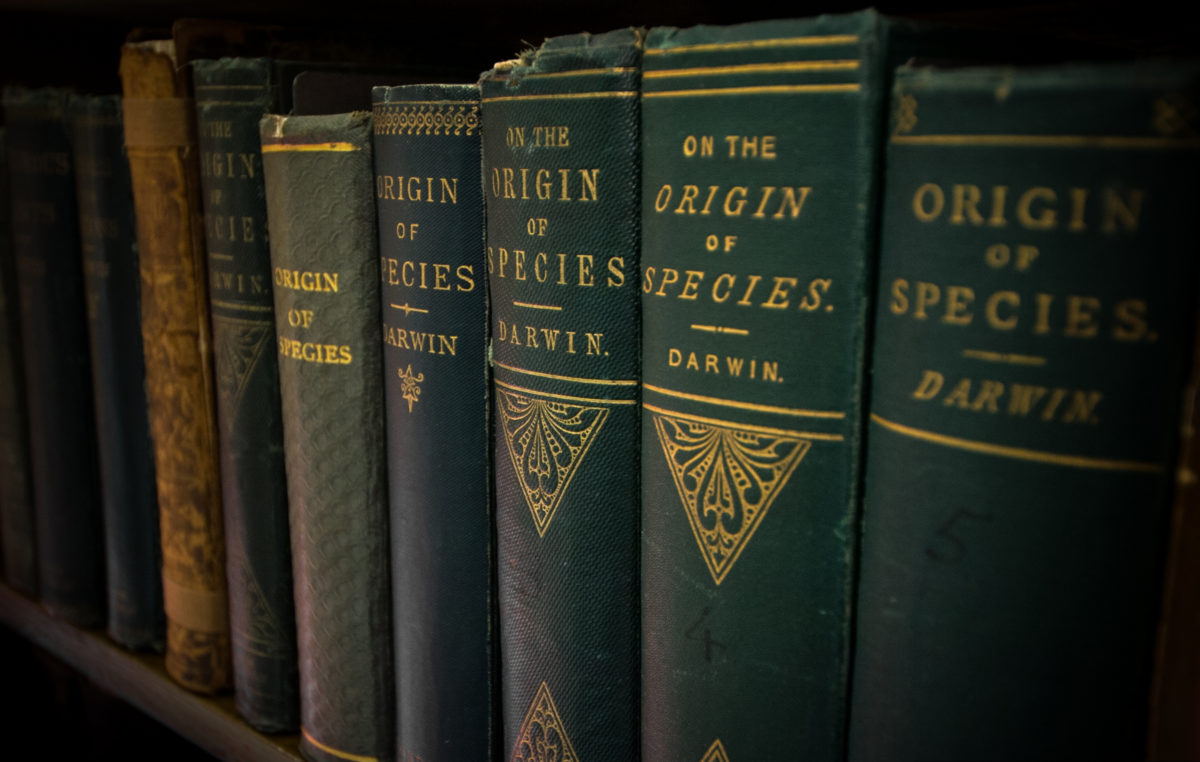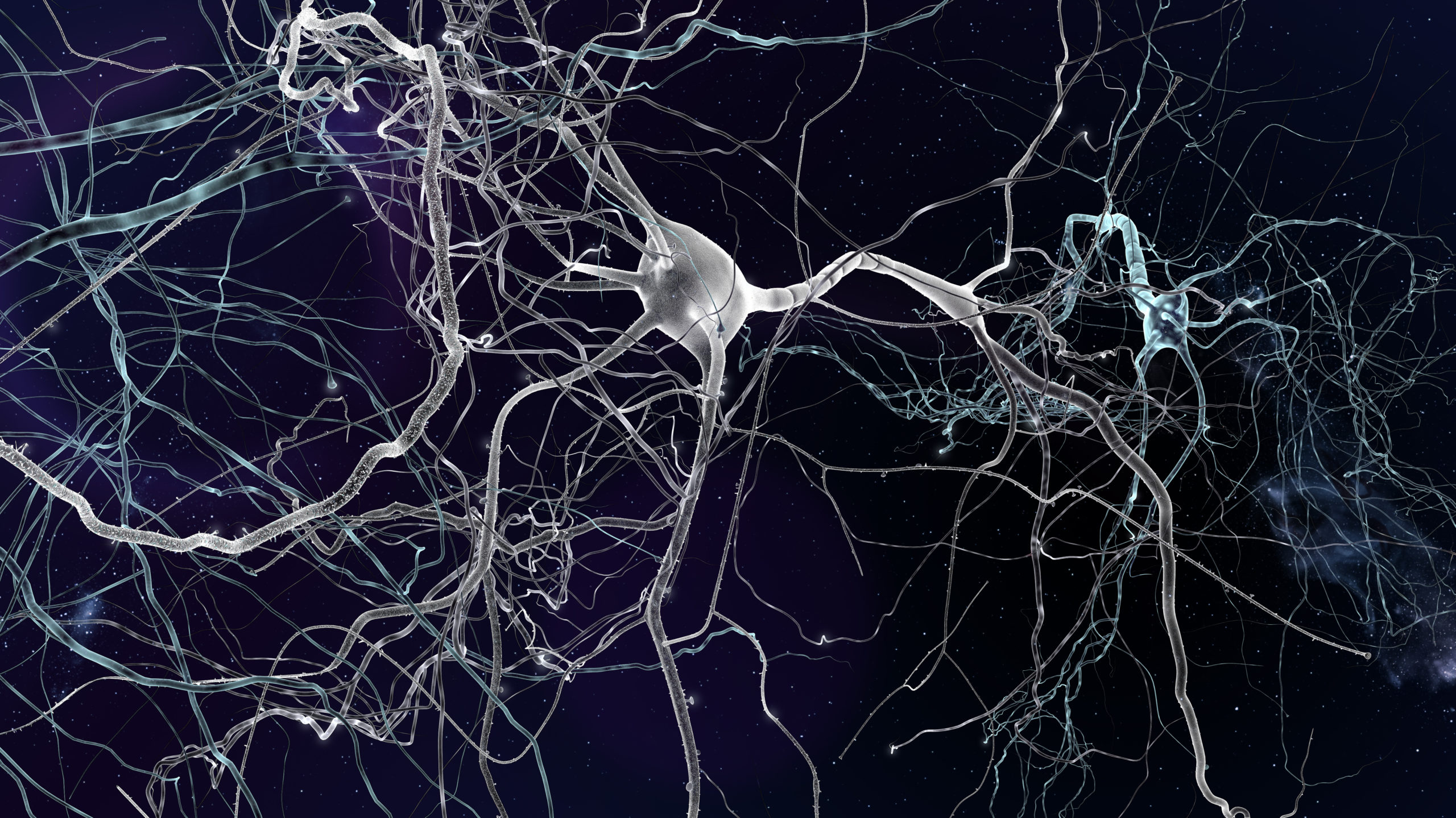


The King of Infinite Space: Euclid and His Elements
In this brief, accessible foray, popular math/science writer Berlinski (Newton’s Gift) breathes life into an ancient mathematician and the world of axioms and theorems he created — a geometric world that became the basis for much of modern math, from analytic geometry to the idea of curved space-time. To Berlinski, Euclid’s fourth-century B.C., 13-volume Elements is a manifestation of his Read More ›

Dogmatic Signs

Gordon: Hawking Irrational Arguments
Stephen Hawking’s new book, The Grand Design, co-authored with Leonard Mlodinow, contends that God is not necessary to create the universe because the laws of physics can do it alone. The “new atheist” crowd will cheer this message, but their credulity is a matter more of fiery sentiment than of coolheaded logic. Mr. Hawking asserts that “as recent advances in Read More ›

Intelligent Design Uncensored: An Easy-to-Understand Guide to the Controversy
There are other good books out there that explain the fundamentals of intelligent design (ID) in plain language. But with clarity, elegance, and accuracy, Intelligent Design Uncensored: An Easy-to-Understand Guide to the Controversy fills this niche better than most. The authors, Dr. William Dembski (an expert in the technical arguments for ID) and Dr. Jonathan Witt (a writer with a strong grasp of the relevant science) — both Discovery Institute senior fellows — make an ideal team to explain ID for any reader.
Read More ›
Blown Away

Why Darwinism Is False
Jerry A. Coyne is a professor in the Department of Ecology and Evolution at The University of Chicago. In Why Evolution is True, he summarizes Darwinism — the modern theory of evolution — as follows: “Life on earth evolved gradually beginning with one primitive species — perhaps a self-replicating molecule — that lived more than 3.5 billion years ago; it Read More ›

The Design of Life: Discovering Signs of Intelligence In Biological Systems
For the newcomer to ID, Design of Life offers clearly written and well-illustrated chapters explicating ID's basic scientific concepts, such as irreducible complexity and specified complexity. Design of Life even gives accessible discussions of more complex issues, such as the "irreducible core," or explaining how specified complexity is detected in the research of Douglas Axe, who found that the odds of obtaining a functional β-lactamase domain are less than one in 10^64.
For the ID-guru, Design of Life covers many hot topics. This includes a lucid explanation of the integrated, unevolvable complexity in the neck of the giraffe, a potent critique of the alleged transition from reptiles to mammals, and a critical analysis of the evidence used to support the hypothesis that whales evolved from land-mammals. The advanced reader will devour the General Notes, which expose the bankruptcy of Darwinist attacks...
Read More ›
Blinkered Sages
David Berlinski’s new book describes the remarkable extent to which the dominant religion of the intelligentsia is now “science.” This new religion — which is based on atheism and materialism — is actually better termed “scientism,” since its religious claims far overreach its scientific content. Scientism reflects the tendency of scientists to become what Ortega y Gasset called “barbarians of Read More ›

Shedding the Galileo Complex
God’s Undertaker: Has Science Buried God?By John LennoxLion Hudson, 192 pages, $14.99 A friend recently put it to me that the Church has a Galileo Complex. Terrified by the historical narrative of the Church’s resistance to and persecution of science, Christians are averse to challenging “scientific” claims. “Complex” is an apt description, too: a group of unconscious impressions, not a Read More ›